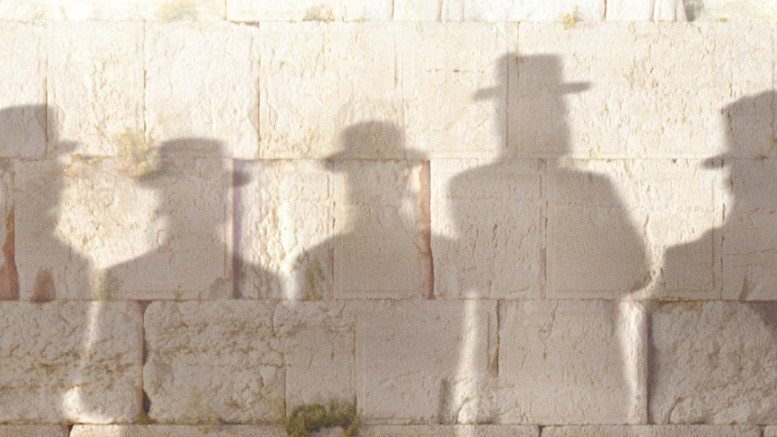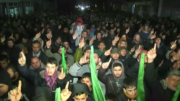The day that US vice-president Joe Biden arrived in Israel, an American tourist was killed and many others wounded in a series of Palestinian terror attacks. This was just the latest recent tragedy; since September there have been 201 stabbing attacks, 81 shootings, and 41 vehicular (ramming) attacks. However, to add political insult to physical injury, Palestinian President Mahmoud Abbas failed to condemn the attacks, including the one that claimed an American’s life.
Despite this, Biden met with President Abbas, now in his eleventh year of a four year term, in an attempt to broker a peace deal between Israel and the Palestinian Authority. The offer included a freeze on Israeli settlement building, and a capital for Palestine in East Jerusalem. Biden asked Abbas, in return, for recognition of Israel as a Jewish state and relinquishment of the demand for “right of return”. It took two hours to discuss the offer and for Abbas to reject it.
This rejection, and what it says about the Palestinians’ commitment to peace, seems to have garnered very little attention in mainstream media. Perhaps it is because it does not sit easily with the popular and widely accepted narrative that Israel’s settlement building is the main obstacle to peace.
The Arab rejection of a Jewish state can be traced back almost 100 years. It is telling that the two demands of the Palestinians were acknowledgement of Israel and to give up the “right of return”. Explicitly acknowledging the existence of Israel or explicitly ending the option for millions of people who have been living elsewhere for generations (and most of whom have never lived in the land that is now Israel) to relocate to Israel essentially means recognising and accepting Jewish self-determination in the Middle East. That this was not considered acceptable speaks to the heart of the conflict – the Palestinians do not accept Israel’s right to exist.
At the end of last month, Eric Frykberg of Radio NZ asked “What became of NZ’s peace initiative?”. New Zealand had circulated a draft proposal at the UN Security Council for solving the conflict. Substantively, the proposal called for Israel to freeze settlement construction and the Palestinian Authority to stop using the International Criminal Court as a political tool.
What a striking difference between the proposals of New Zealand and the USA. Both Biden and McCully proposed Israel stop building in existing settlements but sought different requirements of the Palestinians. McCully asked Abbas to stop a specific political activity while Biden addressed a more fundamental issue by asking Abbas to accept Israel’s existence. Neither went so far as to seek condemnation of terror attacks, cessation of inciting violence, addressing of corruption, or even direct negotiations with Israel. The latter has been explicitly rejected by the Palestinian Authority’s Foreign Minister, Dr Riad Al-Malki, who said the Palestinian Authority will “never again” sit down to conduct direct negotiations with Israel. Abbas also stated in 2014 “We will never recognize the Jewishness of the state of Israel”.
So the peace initiatives may continue to be presented but until the Palestinians are able to accept Jewish self-determination in Israel there will not be peace. Israel has always, since its birth, agreed to the two state solution, which implicitly recognises Jewish and Arab sovereignty. Perhaps instead of asking what has become of third-party “peace initiatives” Mr Frykberg could ask the question posed by Golda Meir in her famous quote: when will the Palestinians stop hating Jews more than they love their children?








